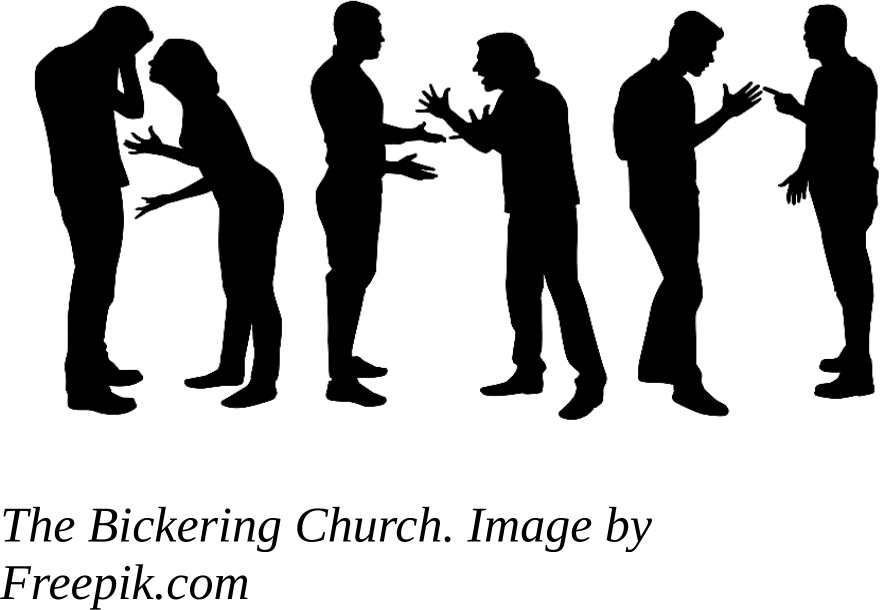The Politics of Christian Leadership
Let every soul be subject unto the higher powers. For there is no power but of God: the powers that be are ordained of God.
Whosoever therefore resisteth the power, resisteth the ordinance of God: and they that resist shall receive to themselves damnation.
For rulers are not a terror to good works, but to the evil. Wilt thou then not be afraid of the power? do that which is good, and thou shalt have praise of the same:
For he is the minister of God to thee for good. But if thou do that which is evil, be afraid; for he beareth not the sword in vain: for he is the minister of God, a revenger to execute wrath upon him that doeth evil.
(Rom. 13:1-4)
In its broadest sense politics is the art and science of government (Concise Oxford Dictionary) but when applied to the individual it encompasses the manner in which one governs i.e. sagacious, judicious, expedient or even craftiness and cunning. The politics of leadership would therefore refer to directing, guiding and leading using various means, such as wisdom, patience, fairness, or guile to achieve a goal or purpose, in other words, to put it bluntly, politics is the art of persuasion, of convincing people to follow a certain path or direction.
As Christians we use the Bible as our ‘manual of life’ and in its pages we see how leaders used various means to govern, lead, control, and bend people to their will. The methods and machinations they used to gain support and maintain order fill this holy book.
Jacob and Laban cheated their way through life. Samson used his strength, Solomon used wisdom, Jezebel used manipulation and intimidation, Nehemiah was determined, and Paul was learned.
Continue reading →


